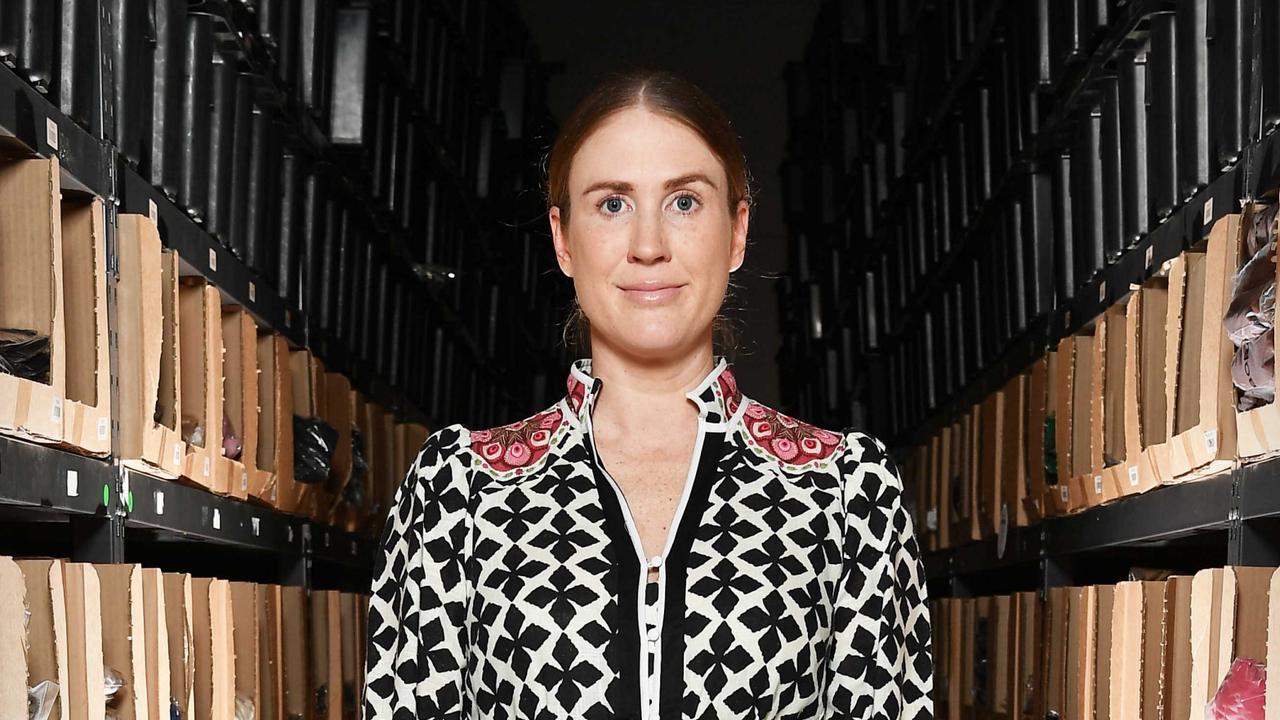Brisbane brothel The Viper Room’s insurance nightmare
The owner of a Brisbane brothel destroyed says archaic planning laws and discrimination have left his business uninsurable. FULL REPORT
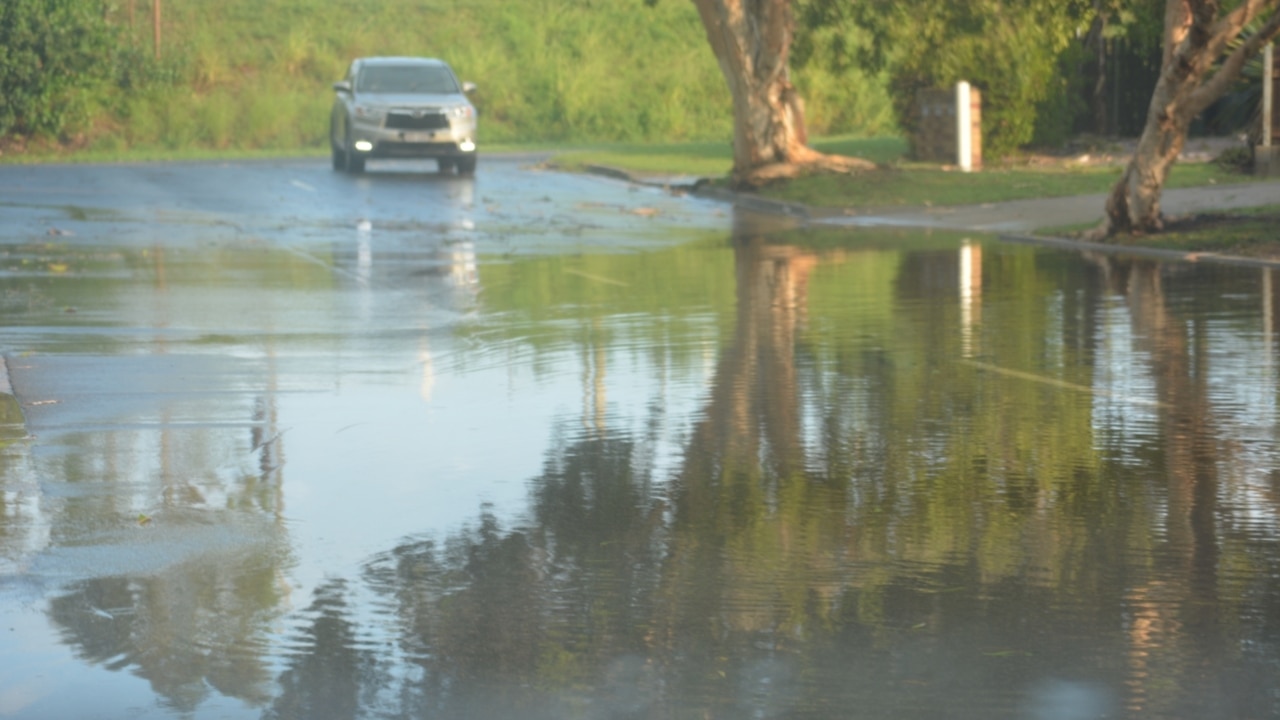
QLD Business
Don't miss out on the headlines from QLD Business. Followed categories will be added to My News.
A southside Brisbane brothel destroyed by flood has spent $300,000 and borrowed money from the state government to help it reopen with claims archaic planning laws and discrimination are leaving them uninsurable.
The Viper Room in Yeerongpilly was one of the three brothels severely damaged by the southeast February floods, according to the Prostitution Licensing Authority’s Annual report.
Owner Daniel Hammond said he thought the uninsured premise would escape significant damage when 2011 Brisbane River peaks were not predicted but the site was inundated.
“Everything from 1.2 metres down was ripped. Plaster, bathrooms, insulation, flooring,” he said.
It was a cruel blow for Mr Hammond after another one of his brothels burnt down in Bundall in 2020.
“Managers here say I’m cursed,” he said.
“I went from fire, to flood, and the next one will be locusts.”
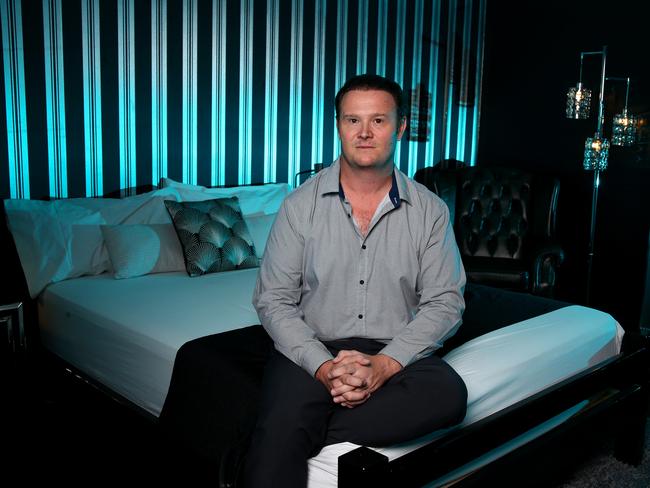
Mr Hammond said the Viper Room’s repairs alone cost him in excess of $300,000, while service providers sought shifts at other establishments with income protection unavailable to brothel workers.
Mr Hammond was able to claw some of that back through a $50,000 state government disaster grant and a disaster assistance loan, which he is still paying back.
Mr Hammond said he also requested a fee discount or refund on the PLA’s up to $40,985 annual brothel licence charge, plus the $1207 for a managers certificate.
“The response was we could drop our amount of rooms from five to one, and we were offered a payment plan,” he said.
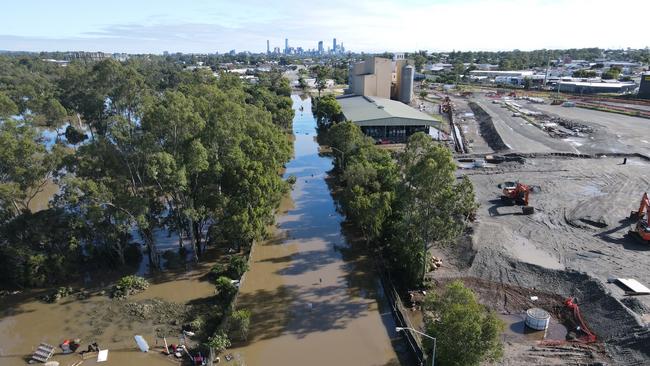
Mr Hammond and loyal managers helped rebuild The Viper Room with the business finally able to reopen in May.
“I was talking to the owner of the funeral home next door, she said ‘how come you’ve been able to get everything fixed so quickly?’,” he said.
“It’s because we paid for it ourselves.”
A July report from Deloitte into the effects of the disaster found 4500 businesses were affected and total damage of approximately $324m.
The Insurance Council of Australia said there were close to 100,000 residential and commercial insurance claims while Deputy Premier Steven Miles noted $646m in uninsured losses.
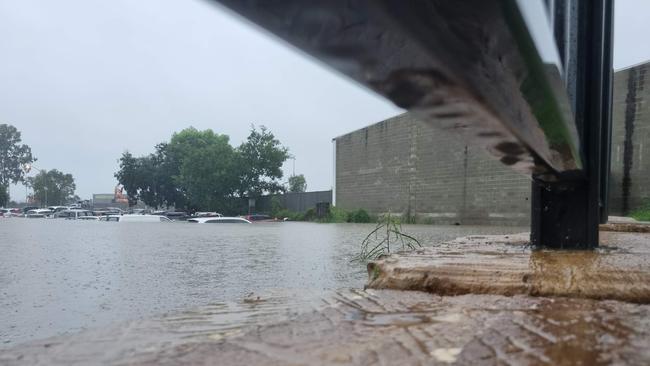
An ICA spokesperson would not comment on insurance discrimination against brothels.
But they said insurers could choose not to offer coverage to properties in flood prone locations or if they feel there is an increased risk of claims.
“Insurers will therefore have a reduced appetite to provide insurance, which will be reflected in the cost of the premium,” the spokesperson said.
The Viper Room remains uninsured, with Mr Hammond claiming inquiries about coverage from even the insurers of the business next door have gone unanswered.
“There are two insurance companies that will deal with this industry, and they don’t offer flood insurance for us,” he said.
Mr Hammond said he is curious if the Queensland Law Reform Commission’s review of decriminalisation of sex work, due next month, will include recommendations that allow brothels be located outside industrial areas, many of which are flood prone.
Under existing state planning legislation, brothels must not be within 200m of residential or public buildings and areas.
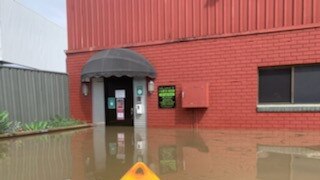
“I don’t wanna count my chickens, the way it’s set now … it was a long long time ago and there need to be changes in the industry,” he said.
“It’s not fair if all of a sudden new places will be allowed to open in the CBD.”
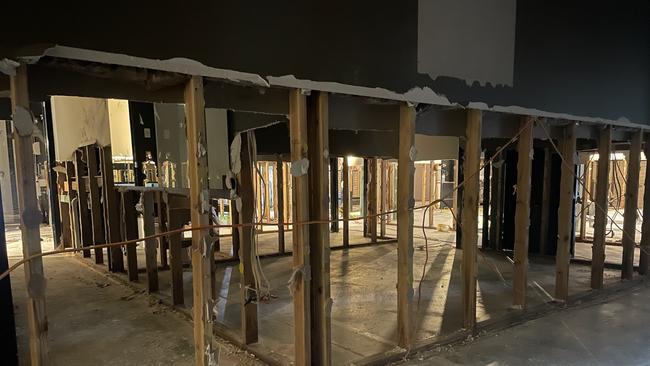
Sex work Advocacy group Respect Inc spokeswoman Janelle Fawkes said premise location and insurance discrimination reform was needed alongside decriminalisation for either to be effective.
She also said change will require a broader shift in attitudes towards sex work, and Respect Inc was working hard to propel this.
“Legislation alone cannot address all of these problems, but decriminalisation is the first step,” she said.



